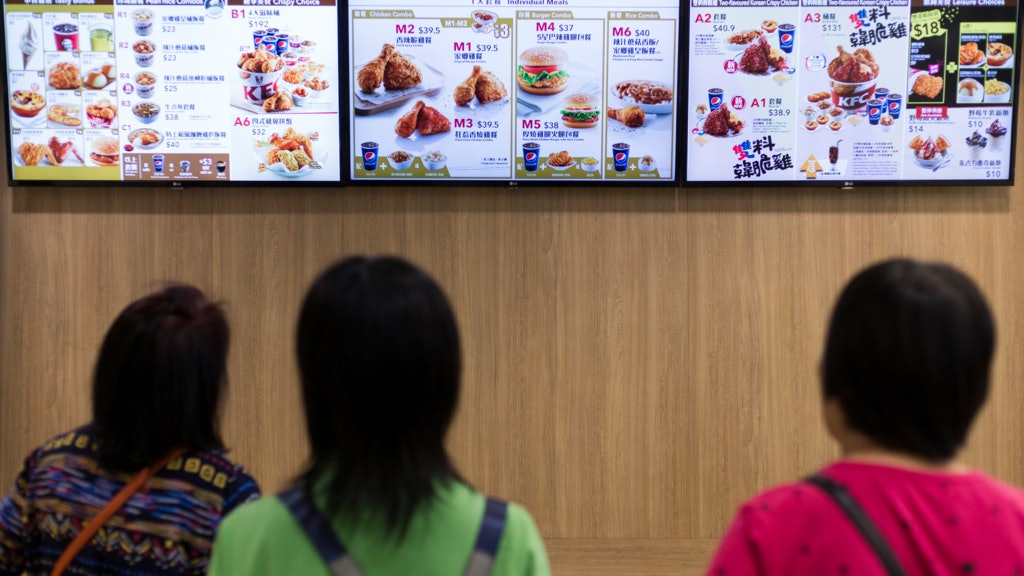Social News
Written by: Yuan Shu
2020-06-15 10:00
Last update date: 2020-06-15 10:00Summer is hot, both adults and children like to eat ice cream to cool off, but food hygiene is of concern. From January to April this year, the Consumer Council collected 29 samples from supermarkets, department stores, dessert shops, ice cream shops, restaurants and other places to conduct tests on safety, microbiology and nutrient content. It was found that the "Apollo" mint chocolate premium ice cream exceeded the total amount of bacteria. In addition, KFC's selected milk chocolate cookie Xindi was also found to have excessive coliform content, which is not ideal for sanitation.
▼The fat and sugar content of 29 ice cream bars of the Consumer Council▼
+25
+24
+23
According to the "Frozen Dessert Regulations", the total content of any frozen dessert for sale must not exceed 50,000 bacteria per gram, and the content of coliform bacteria should not exceed 100 coliforms per gram. The former is an indicator of hygiene quality, while the latter content reflects the hygiene quality. The results show that the "Apollo" non-pre-packaged mint chocolate specialty ice cream has a total bacterial content of 58,000 bacteria, while the KFC non-pre-packaged milk milk chocolate cookie novelty Coli contains 280 bacteria per gram. Groups, respectively, exceed the above standards, indicating that the sanitation of the products is not ideal.
However, the Consumer Council test also pointed out that this does not mean that eating these ice creams will cause food poisoning. From the manufacturing to the sale of ice cream and frozen desserts, multiple processes, transportation, storage temperature, cleanliness of food processing tools and machines, etc., will affect the microbial content ultimately sold to consumers. The above samples have been forwarded to the Food Safety Center for follow-up. The KFC responded to the Consumer Council that the branch involved in the sale of ice cream with coliform bacteria has stopped selling the product and has been thoroughly disinfected by detergents; the "Apollo" manufacturer It is considered that the test result is inaccurate, and the test result is considered to be in line with the standard when leaving the factory, but it is caused by problems in other processes.
The increase in the price of oil companies decreases the Consumer Council Huang Fengxian urges the Hong Kong government to increase regulation: otherwise the public will suffer
Consumer Council Power Bar reports dietitian: 4 types of protein supplements after exercise reach the recommended amount
[Consumer Council] Supermarket toilet paper and rice increased by an average of 1.2% to 8.5% last year
【Consumer Council】In the first three months, there were more than 760 complaints about online purchase of anti-epidemic products, which involved a maximum of 200,000 yuan
[Consumer Council] Six types of disinfectant alcohols contain toxic methanol over 80% concentration or insufficient capacity
Consumer Council Consumer Council Test Investigations on KFC












